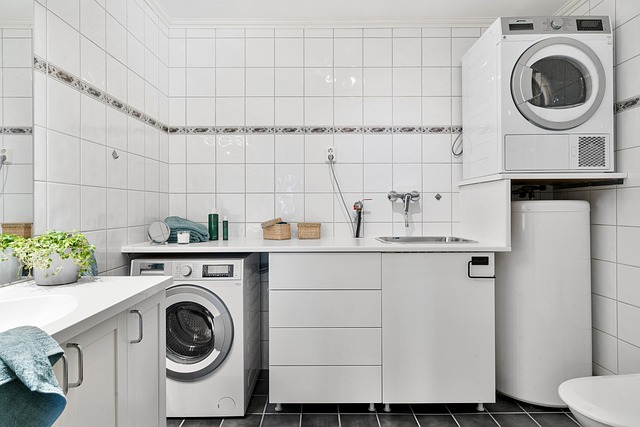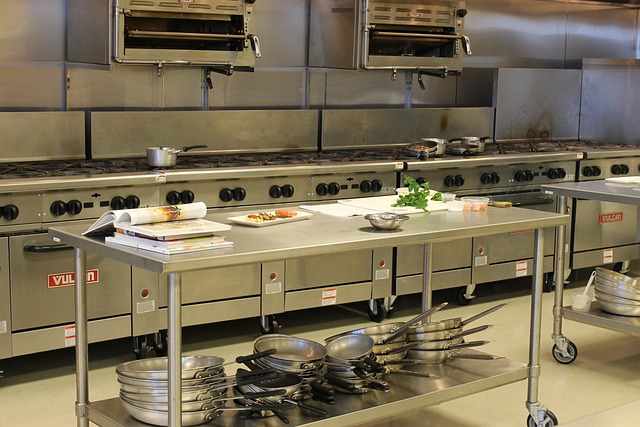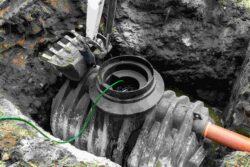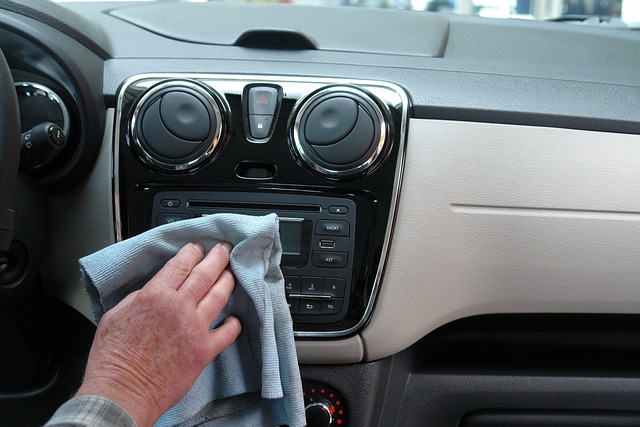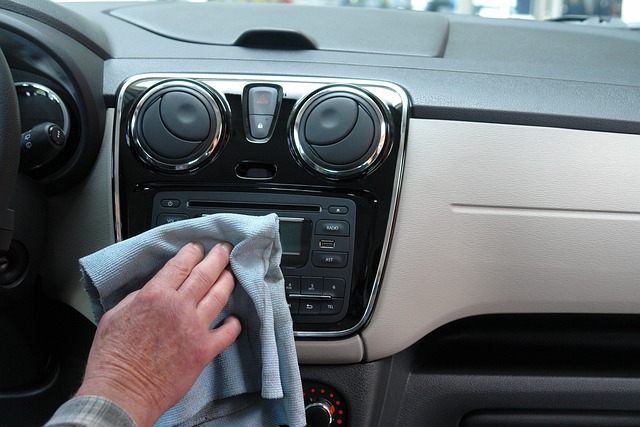Estate cleaning is a task that many people find daunting. Whether you’re facing the aftermath of a loved one’s passing, preparing to sell a property, or simply looking to declutter and organize your estate, this comprehensive guide is here to help. We’ll walk you through every aspect of estate cleaning, from understanding the process to practical tips and expert advice, ensuring that you have all the information you need to tackle this challenging task effectively. By the end of this guide, you’ll be equipped to handle estate cleaning with confidence and compassion.
Estate cleaning, also known as estate clearance or estate liquidation, refers to the process of organizing, cleaning, and disposing of the belongings and property of a deceased individual or managing the assets of an estate. It involves systematically sorting through personal items, furniture, valuables, and other possessions left behind, and making decisions about what to keep, sell, donate, or discard.
Click here to have a glance at our post on The Ultimate Guide to Estate Cleaning: Everything You Need to Know to ensure a hassle-free cleaning task.
Why Is Estate Cleaning Important?
Estate cleaning is an essential step in the settling of an estate. It serves several vital purposes:
- Closure: For family members and loved ones, estate cleaning can provide a sense of closure and the opportunity to honor the memory of the deceased.
- Legal Requirements: Properly managing an estate is often a legal requirement, and failing to do so can result in complications with probate court and financial matters.
- Property Maintenance: Neglected properties can deteriorate over time, leading to decreased value and potential hazards. Estate cleaning ensures the maintenance and preservation of the property.
- Financial Management: Estate cleaning involves assessing assets, paying debts, and distributing the remaining estate among beneficiaries or heirs, helping to manage financial affairs efficiently.
- Community and Environment: Responsible disposal and donation of estate items contribute positively to the community and reduce environmental impact.
The Emotional Aspect of Estate Cleaning
Estate cleaning is not merely a logistical task; it often carries emotional weight. Dealing with a loved one’s belongings can be emotionally challenging, as it may bring up grief and nostalgia. It’s essential to recognize and address these emotions throughout the process, and we’ll explore strategies for doing so in later chapters.
Preparing for Estate Cleaning
Before diving into the estate cleaning process, it’s crucial to prepare adequately. Here’s how:
Assessing the Scope of the Work
The first step is to assess the extent of the estate cleaning project. Determine the size of the property, the number of rooms, and the volume of possessions to be dealt with. This assessment will help you estimate the time, resources, and assistance required.
Creating a Plan and Setting Goals
Once you have a clear understanding of the scope, create a detailed plan. Outline your goals, such as preparing the property for sale, settling the estate’s financial affairs, or preserving sentimental items. Having a plan will keep you organized and motivated throughout the process.
Gathering Necessary Supplies and Resources
Estate cleaning requires specific supplies and resources, including cleaning products, trash bags, packing materials, and tools for repairs. Depending on the estate’s condition, you may need to rent dumpsters or storage units. Ensure you have everything on hand before you start.
Here is our related post on 10 Outstanding Importance of Cleaning Your Home Before Selling you will also want to explore.
Sorting and Organizing
Categorizing Items
Sorting through the estate’s belongings involves categorizing items into different groups:
- Keep: Items with sentimental value or practical use that you or the beneficiaries wish to keep.
- Donate: Items in good condition that can benefit others through donation.
- Sell: Valuables, antiques, or collectibles that have potential resale value.
- Dispose: Items that are damaged, unsalvageable, or of no value.
Deciding What to Keep, Donate, or Dispose Of
Making decisions about what to keep, donate, or dispose of can be challenging. Consider the following factors:
- Sentimental Value: Some items may have sentimental significance, making them worth keeping even if they serve no practical purpose.
- Condition: Assess the condition of items. If something is damaged beyond repair, it may need to be disposed of.
- Benefit to Others: Consider whether donating certain items could benefit others in need.
- Monetary Value: Consult experts or appraisers to determine the monetary value of valuable items you plan to sell.
Dealing with Heirlooms and Sentimental Items
Heirlooms and sentimental items can be particularly challenging to handle. It’s essential to involve family members in the decision-making process to ensure that everyone’s feelings are considered. Consider offering sentimental items to family members or storing them in a safe place to revisit later.
Estate Cleaning Process
Cleaning Strategies and Techniques
Cleaning an estate typically involves deep cleaning every area of the property. Start from top to bottom, cleaning ceilings, walls, floors, and surfaces. Pay extra attention to kitchens and bathrooms, as these areas tend to accumulate grime. It may be necessary to hire professional cleaners for particularly challenging tasks.
Handling Hazardous Materials
Estate cleaning may involve dealing with hazardous materials such as mold, asbestos, or lead-based paint. It’s crucial to follow safety protocols and, if necessary, hire professionals with the expertise to handle these substances safely.
Tackling Structural Repairs and Maintenance
Before selling or inhabiting the property, address any necessary structural repairs and maintenance. This includes fixing leaks, repairing broken windows, and ensuring the property is safe and up to code.
Professional Help and Services
Hiring Estate Cleaning Services
Estate cleaning can be a massive undertaking, and you may choose to hire estate cleaning services. These professionals specialize in cleaning and organizing estates, which can save you time and reduce stress. Be sure to research and hire reputable companies with experience in estate cleaning.
Estate Appraisal and Valuation
For valuable items within the estate, it’s advisable to consult app
raisers who can assess their worth accurately. This is especially important if you plan to sell these items or need to establish their value for tax purposes.
Legal Considerations and Estate Sales
Navigating the legal aspects of estate cleaning can be complex, especially when it comes to estate sales and distribution of assets. Consult with an attorney who specializes in estate law to ensure that you are following all legal requirements and guidelines.
Donating and Recycling
Charitable Organizations
Donating items from the estate to charitable organizations is a meaningful way to give back to the community. Many charities accept furniture, clothing, household goods, and more. Research local charities and donation centers that align with your values and contact them to arrange donations.
Eco-friendly Disposal Options
Dispose of items that cannot be donated or sold in an eco-friendly manner. This includes recycling materials like paper, glass, and plastics. For hazardous materials, such as electronics or chemicals, research local disposal options to ensure they are handled safely and responsibly.
Tax Benefits of Donations
Keep records of all donated items, as charitable donations can often be deducted from your taxes, reducing your tax liability. Consult with a tax professional to ensure you take full advantage of these deductions.
See also our post on The Complete Guide to Commercial Locker Maintenance and Cleaning: Ensuring Longevity and Optimal Use
Selling Estate Items
Organizing an Estate Sale
If the estate contains valuable items, organizing an estate sale can be a profitable way to liquidate assets. Plan the sale carefully, advertise it effectively, and consider enlisting the help of professionals who specialize in estate sales.
Online Auctions and Marketplaces
In today’s digital age, you can also sell items online through auction sites, marketplaces, and social media platforms. This approach may reach a wider audience and increase the chances of selling valuable items at a competitive price.
Working with Antique Dealers and Collectors
For unique or antique items, consider working with antique dealers or collectors who specialize in specific types of collectibles. They may be interested in purchasing valuable pieces directly from the estate.
Documenting and Managing Finances
Estate Financial Planning
Managing the financial aspects of an estate is critical. Keep meticulous records of all transactions, including expenses related to estate cleaning, repairs, and legal fees. Work closely with an accountant or financial advisor to ensure all financial matters are handled correctly.
Keeping Records and Documents
Maintain organized records of all estate-related documents, including wills, deeds, insurance policies, and financial statements. These documents are crucial for probate court proceedings and beneficiary distribution.
Estate Tax Considerations
Depending on the value of the estate, there may be estate taxes to consider. Consult with a tax professional or estate planner to understand your tax obligations and how to minimize tax liability legally.
Emotional Support and Self-Care
Coping with Grief and Stress
Estate cleaning can be emotionally draining, especially if you are dealing with the loss of a loved one. It’s essential to allow yourself to grieve and seek emotional support from friends, family, or support groups.
Seeking Professional Help
If the emotional burden becomes overwhelming, don’t hesitate to seek professional help from therapists or counselors who specialize in grief and loss. They can provide valuable guidance and support during this challenging time.
Self-Care Tips for Estate Cleaners
Taking care of yourself is crucial throughout the estate cleaning process. Practice self-care by getting enough rest, maintaining a healthy diet, and engaging in activities that bring you joy and relaxation. Remember that estate cleaning is a marathon, not a sprint, and it’s essential to pace yourself.
See also 7 Cleaning Tips for People with Allergies
Conclusion
Estate cleaning is a significant undertaking, but with the right plan, resources, and support, it can be accomplished effectively and with compassion. By following the steps outlined in this ultimate guide, you’ll be well-prepared to handle estate cleaning, whether you’re settling an estate, preparing for a property sale, or simply decluttering and organizing your own belongings. Remember that the process may be emotionally challenging, but by taking it one step at a time and seeking help when needed, you can successfully navigate this important task and honor the memories of those who came before you.






